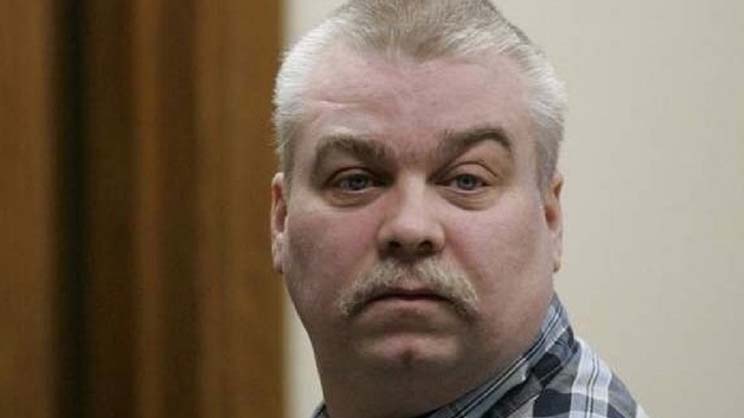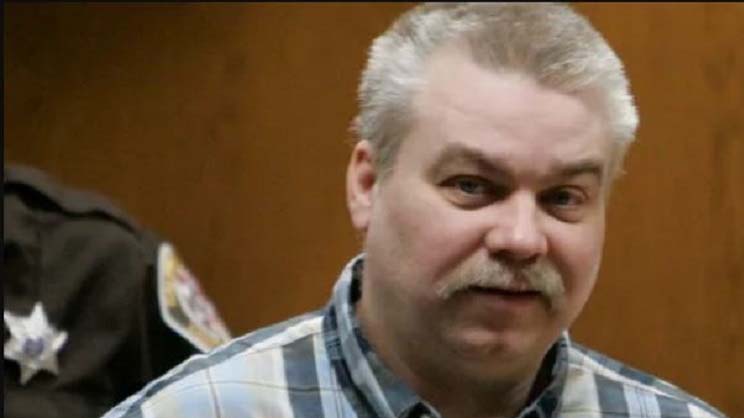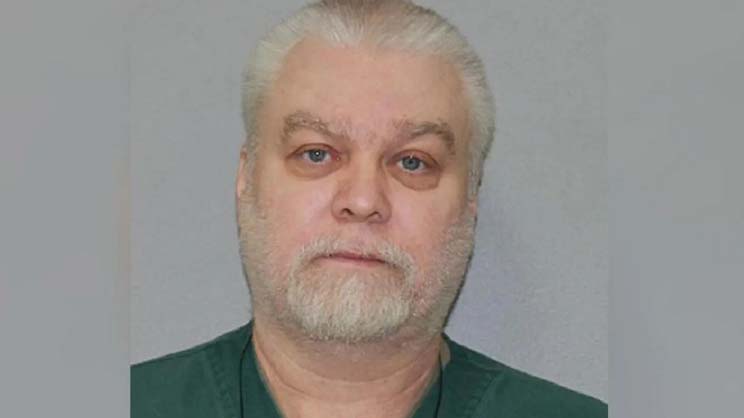Steven Avery, a figure entangled in the American criminal justice system, has sparked widespread debate and speculation about his mental health and the possibility of him being a psychopath. This in-depth article examines these aspects, considering his high-profile legal battles and public perception.
| Aspect | Details |
|---|---|
| Person Involved | Steven Avery, Convicted Murderer |
| Speculation | Possible Psychopathy and Mental Health Conditions |
| Legal Background | Wrongful Conviction (1985), Exoneration (2003), Convicted Again (2007) |
| Media Portrayal | Netflix Series “Making a Murderer” (2015) |
| Mental Health Records | No Public Records or Formal Diagnoses Available |
| Public Perception | Speculation Based on Behavior and Demeanor |
| Current Status | Incarcerated at Fox Lake Correctional Institution |
Steven Avery’s life story, marked by a wrongful conviction, subsequent exoneration, and then a conviction for murder, has raised numerous questions about his mental health and the possibility of him being a psychopath. The Netflix series “Making a Murderer” has further amplified these speculations, drawing global attention to his case.
Avery’s Turbulent Journey Through the Criminal Justice System
Avery’s journey, beginning with a wrongful conviction in 1985 and leading to his exoneration in 2003 due to DNA evidence, took a drastic turn with his 2007 conviction for Teresa Halbach’s murder. This saga has been a contentious chapter in American jurisprudence, continually challenging perceptions of justice and legality.
The Psychopathy Debate

The portrayal of Steven Avery in the media, particularly in “Making a Murderer,” has sparked discussions about his psychological makeup, raising questions about potential psychopathy. Psychopathy is characterized by traits like manipulative behavior, lack of remorse, and superficial charm. Observers have noted Avery’s composed demeanor and ability to garner public support, leading to speculations about psychopathic tendencies.
It is crucial to differentiate between public speculation and a verified clinical diagnosis. Without official medical records or assessments confirming Avery as a psychopath, these claims remain speculative. The complexity of diagnosing psychopathy underscores the necessity of expert evaluation over media-based interpretations.
Steven Avery’s Mental Health: An Undocumented Aspect
Steven Avery’s mental health remains undocumented in official records, with no formal diagnosis of mental illnesses publicly available. Despite his high-profile legal battles and media attention, there is no concrete evidence of clinical evaluations or diagnoses concerning any mental health issues.
Observers have speculated about potential mental health concerns like impulse control problems or antisocial personality disorder. However, these remain unverified assumptions without substantiated evidence or professional assessments.
The Case of Brendan Dassey: A Comparative Perspective

In contrast to Avery, attention has often been directed to his nephew, Brendan Dassey, who was portrayed in “Making a Murderer” as having learning disabilities and possible cognitive limitations. Dassey’s case has highlighted the vulnerability of individuals with cognitive impairments within the criminal justice system.
Steven Avery’s mental health and the question of whether he is a psychopath remain speculative, with no official medical documentation to support such claims. The reliance on external observations and media portrayals emphasizes the need for caution in drawing conclusions about his mental state.
The Role of Media in Shaping Perceptions

The media portrayal of Steven Avery, especially in “Making a Murderer,” plays a significant role in shaping public perceptions about his mental health and personality. However, it is essential to acknowledge the limitations of media representations in providing a comprehensive view of an individual’s psychological profile.
Assessing Avery’s mental health based solely on his portrayal in a documentary series is fraught with challenges. The absence of formal psychological evaluations in the public domain means that any conclusions about his mental state are based on conjecture rather than clinical evidence.
The Absence of Formal Mental Health Evaluations
Despite the intense scrutiny of Steven Avery’s case, there are no public records of formal mental health evaluations or diagnoses. This lack of documented evidence complicates the task of understanding his psychological well-being and determining any underlying mental health conditions.
The conjecture surrounding Avery’s mental health and the possibility of him being a psychopath underscores the gap between public speculation and clinical reality. Without professional assessments, any claims about his psychological state remain unverified.
Read: Sofia Martinez Edad: Wikipedia, Husband, & Family
The Importance of Professional Evaluation
The case of Steven Avery highlights the importance of professional evaluation in diagnosing mental health conditions. It serves as a reminder that media portrayals and public perceptions should not substitute for expert analysis and diagnosis.
Final Thoughts
while speculation about Steven Avery’s mental health and psychopathic tendencies continues, the absence of official medical or psychological evaluations leaves these questions unanswered. The reliance on media portrayals and public opinion underlines the need for caution in making assumptions about an individual’s mental state.






